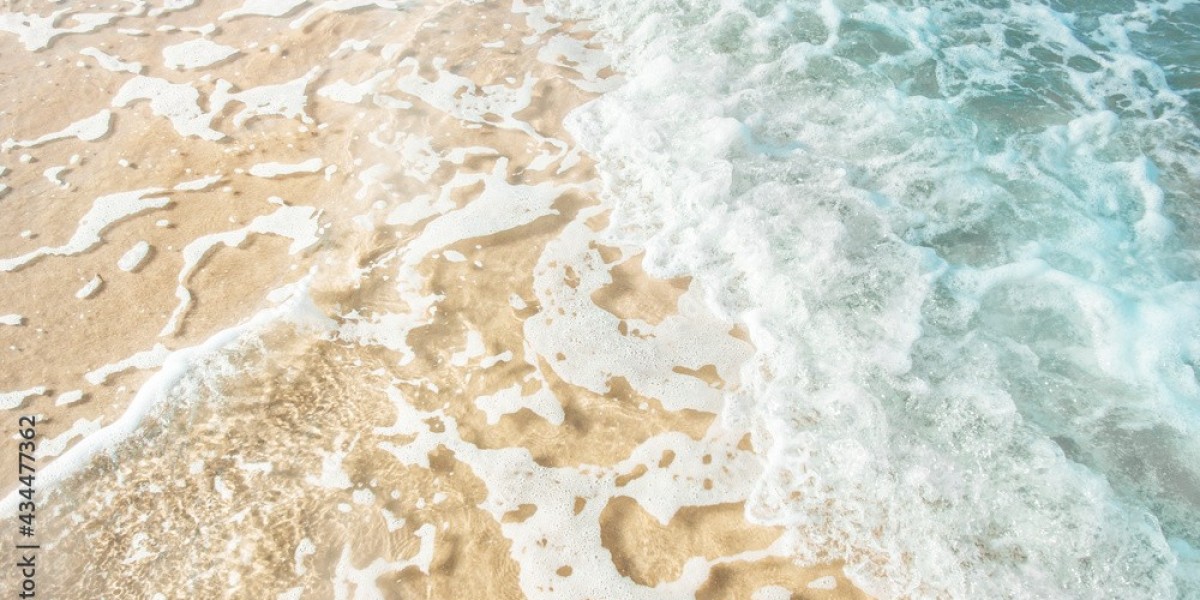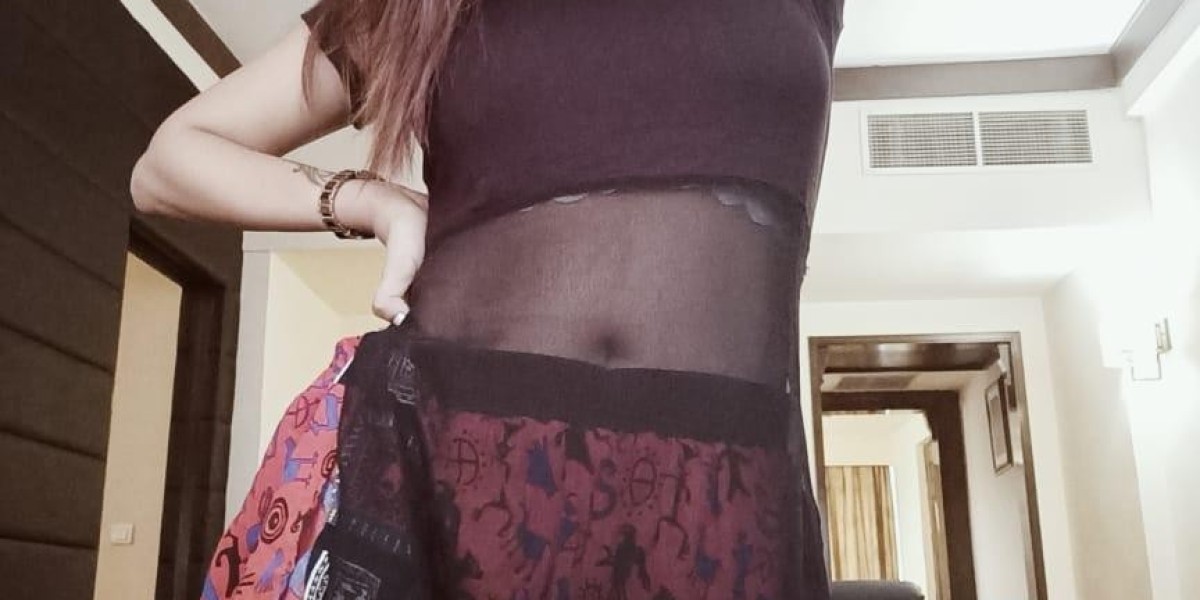Introduction
Flawless, glowing skin is the dream, but acne, breakouts, and skincare mistakes often stand in the way. Whether you're battling persistent acne or looking for a solid daily skincare routine, understanding the causes of acne and using the right skincare products is essential. This guide covers everything from natural remedies for acne to the best face cleansers, exfoliation techniques, and why sunscreen is essential every day.
If you're tired of dealing with breakouts, clogged pores, and dull skin, keep reading for expert-backed insights to transform your skincare routine.
Understanding Acne: What Causes It?
Acne doesn’t just appear randomly—it’s often triggered by underlying factors. Here are the most common causes of acne:
Excess Oil Production – When the skin produces too much sebum, it clogs pores and leads to breakouts.
Bacteria Buildup – Bacteria like Propionibacterium acnes can inflame pores and cause pimples.
Hormonal Fluctuations – Changes during puberty, menstruation, and stress can trigger acne.
Clogged Pores – Dead skin cells and dirt block pores, leading to blackheads and whiteheads.
Diet and Lifestyle – Sugary, oily foods and dehydration can worsen acne.
Using the Wrong Skincare Products – Harsh or comedogenic ingredients irritate the skin and contribute to breakouts.
Understanding these factors is the first step toward clearer skin. Now, let’s explore natural remedies for pimples and breakouts.
Best Natural Remedies for Acne & Pimples
Forget expensive treatments! These natural remedies for acne can help you get clearer skin at home:
1. Aloe Vera and Turmeric – The Ultimate Soothing Duo
Aloe vera calms inflammation and hydrates the skin.
Turmeric’s antibacterial properties reduce redness and acne scars.
Mix aloe vera gel with a pinch of turmeric and apply it to affected areas for 10–15 minutes.
2. Honey and Cinnamon Mask
Honey is a natural antibacterial agent, while cinnamon fights inflammation.
Mix one tablespoon of honey with a pinch of cinnamon and apply for 15 minutes before rinsing.
3. Apple Cider Vinegar Toner
Apple cider vinegar balances the skin’s pH and removes excess oil.
Dilute one part vinegar with three parts water and apply with a cotton pad.
4. DIY Skincare Masks for Acne-Prone Skin
Try these effective DIY skincare masks:
Oatmeal & Yogurt Mask: Soothes sensitive skin and exfoliates.
Clay & Tea Tree Mask: Absorbs excess oil and fights bacteria.
Banana & Honey Mask: Hydrates and nourishes acne-prone skin.
Daily Skincare Routine for Healthy Skin
A good daily skincare routine is key to preventing acne and keeping skin radiant. Follow these steps:
Cleanse – Use an oil-based cleanser first, then follow with a water-based cleanser (double cleansing).
Exfoliate – Use gentle exfoliation techniques 2–3 times a week to remove dead skin cells.
Tone – Hydrating toners balance the skin’s pH.
Moisturize – Pick the best moisturizers for dry skin or an oil-free moisturizer for oily and acne-prone skin.
Apply Sunscreen – Never skip sunscreen, as it prevents premature aging and hyperpigmentation.
Now, let’s discuss why sunscreen is essential every day and how to choose the best one.
Sunscreen: Your Skin’s Best Friend
Many people overlook sunscreen, but it’s crucial for skin health. Here’s why sunscreen is essential every day:
Protects against UV damage and premature aging.
Reduces the risk of skin cancer.
Prevents dark spots and acne scars from worsening.
Chemical vs. Mineral Sunscreens
Chemical sunscreens absorb UV rays and convert them into heat.
Mineral sunscreens (zinc oxide, titanium dioxide) physically block UV rays and are better for sensitive skin.
Best Sunscreens for Sensitive Skin
La Roche-Posay Anthelios Mineral Sunscreen
EltaMD UV Clear Broad-Spectrum SPF 46
Neutrogena Sensitive Skin Sunscreen SPF 50
Sunscreen isn’t the only key to hydration. Let’s explore the importance of hydration for healthy skin benefits.
Hydration: The Secret to Clear Skin
Drinking water and using hydrating skincare products are essential for healthy skin. Here’s why hydration is important for skin health:
Flushes out toxins and prevents breakouts.
Keeps skin plump and reduces wrinkles.
Strengthens the skin barrier.
Best Moisturizers for Dry Skin & Oily Skin
For Dry Skin: CeraVe Moisturizing Cream, First Aid Beauty Ultra Repair Cream.
For Oily Skin: Neutrogena Hydro Boost Water Gel (a great oil-free moisturizer for oily and acne-prone skin).
Let’s talk about how to cleanse your face properly.
Cleansing & Exfoliation: The Key to Glowing Skin
Using the best face cleansers and Exfoliation Techniques is crucial for maintaining clear skin.
Benefits Of Double Cleansing
Removes sunscreen, makeup, and dirt more effectively.
Prevents clogged pores and acne.
Oil-Based vs. Water-Based Cleansers
Oil-based cleansers dissolve makeup and SPF.
water-based cleanser removes dirt and sweat.
Best Face Cleansers for Acne-Prone Skin
CeraVe Foaming Facial Cleanser
La Roche-Posay Toleriane Purifying Foaming Cleanser
Neutrogena Oil-Free Acne Wash
Now, let’s discuss common skincare mistakes to avoid.
Common Skincare Mistakes to Avoid
Even with the best products, certain habits can damage your skin:
Skipping Sunscreen – Sun exposure leads to premature aging.
Over-Exfoliating – Too much scrubbing damages the skin barrier.
Using Harsh Products – Alcohol-based toners dry out the skin.
Not Moisturizing Oily Skin – Oily skin still needs hydration.
Sleeping with Makeup On – Leads to clogged pores and breakouts.
By avoiding these mistakes, you can keep your skin looking its best.
Conclusion
Achieving flawless skin is possible with the right skincare habits. By understanding the causes of acne, following a daily skincare routine, using natural remedies for pimples, and choosing the best sunscreens for sensitive skin, you can keep your skin clear and radiant.
Stay hydrated, avoid common skincare mistakes, and invest in the right products to enjoy healthy, glowing skin!
For more expert skincare tips, visit medicawisdom Skincare.
FAQs on Acne Causes & Skincare Remedies
1. What causes acne?
Acne can be caused by several factors, including excess oil production, clogged pores, bacteria buildup, hormonal fluctuations, poor diet, and stress. Using the wrong skincare products can also contribute to breakouts.
2. How can I treat acne naturally at home?
You can try natural remedies like aloe vera and turmeric, honey and cinnamon masks, or an apple cider vinegar toner. DIY skincare masks using oatmeal, yogurt, clay, or tea tree oil can also help soothe acne-prone skin.
3. How do I build a skincare routine to prevent acne?
A proper skincare routine includes double cleansing (oil-based followed by water-based cleansers), exfoliating 2-3 times a week, toning, moisturizing, and always applying sunscreen.
4. Why is sunscreen important for acne-prone skin?
Sunscreen protects against harmful UV rays, prevents premature aging, and reduces hyperpigmentation from acne scars. It’s essential for overall skin health and preventing further damage.
5. Should I use chemical or mineral sunscreen for acne-prone skin?
Mineral sunscreens (like those containing zinc oxide or titanium dioxide) are usually better for sensitive and acne-prone skin, as they physically block UV rays and are less likely to irritate.
6. Can drinking water help with acne?
Yes! Staying hydrated helps flush out toxins, supports skin elasticity, and reduces the likelihood of breakouts. Hydration also strengthens the skin barrier, keeping it healthy.
7. How often should I exfoliate my skin?
Exfoliate 2–3 times a week to remove dead skin cells and prevent clogged pores. Over-exfoliating can irritate the skin and worsen acne.
8. What are common skincare mistakes I should avoid?
Avoid skipping sunscreen, over-exfoliating, using harsh products, not moisturizing oily skin, or sleeping with makeup on. These mistakes can damage your skin and trigger breakouts.
9. What are the best moisturizers for acne-prone skin?
For oily skin, try oil-free moisturizers like Neutrogena Hydro Boost Water Gel. For dry skin, consider CeraVe Moisturizing Cream or First Aid Beauty Ultra Repair Cream for hydration without clogging pores.
10. How can I prevent acne scars?
Use sunscreen daily to prevent dark spots from worsening. Additionally, keep skin moisturized and avoid picking or squeezing pimples, as this can cause scarring.
11. What are the best face cleansers for acne?
Some recommended cleansers for acne-prone skin include CeraVe Foaming Facial Cleanser, La Roche-Posay Toleriane Purifying Foaming Cleanser, and Neutrogena Oil-Free Acne Wash.
12. Is it okay to use DIY skincare masks every day?
It’s best to use DIY masks 2-3 times a week, depending on your skin’s sensitivity. Overuse of certain ingredients can lead to irritation.
13. How can I tell if a skincare product is too harsh for my skin?
If your skin feels tight, dry, red, or irritated after using a product, it may be too harsh. Always test products on a small patch of skin before applying them to your face.
14. Can my diet affect acne?
Yes, consuming sugary and oily foods, as well as not staying hydrated, can worsen acne. A balanced diet with plenty of water, fruits, and vegetables supports healthy skin.
15. Are there specific sunscreens for sensitive skin?
Yes! Look for mineral sunscreens like La Roche-Posay Anthelios or EltaMD UV Clear Broad-Spectrum SPF 46. These are gentle on sensitive skin and provide broad-spectrum protection.








